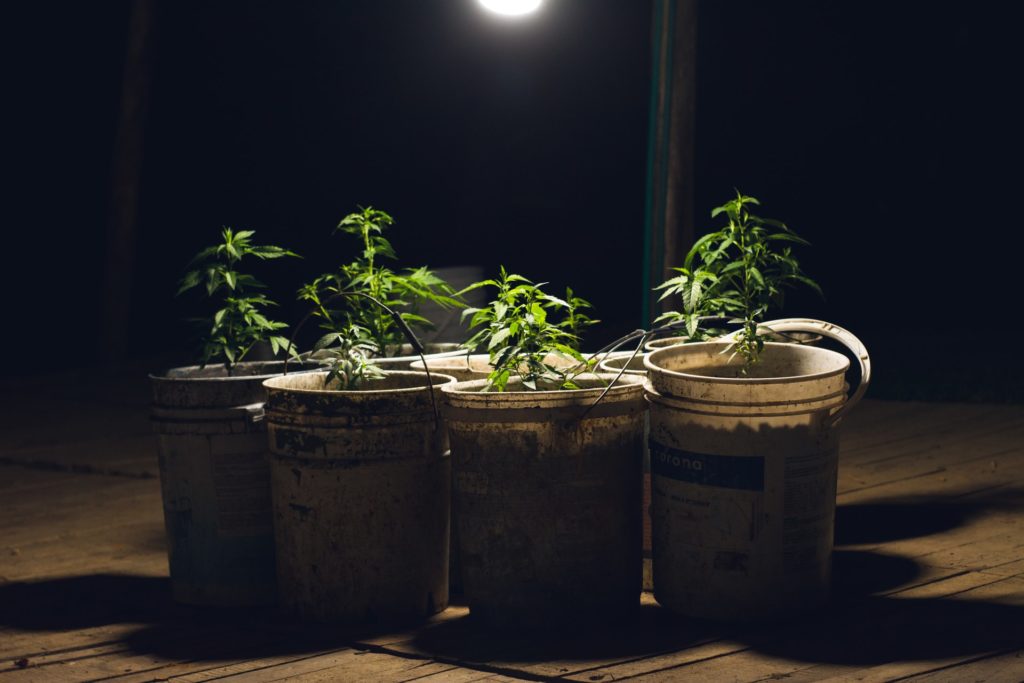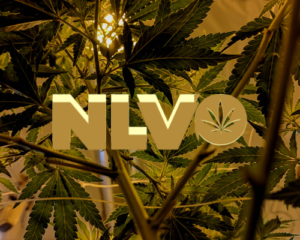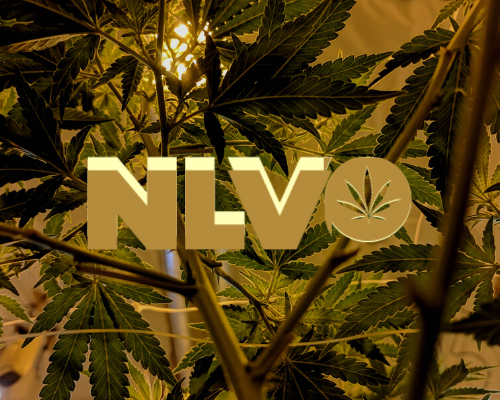With all the talk of legalization in the US, it’s easy to forget that the rest of the world doesn’t feel as fondly as Americans do. More than half of our country’s citizens are in favor of cannabis, with medical weed being even higher in surveys. Cannabis around the most of the world, however, is still extremely illegal and stigmitized.
When it comes to cannabis regulation around the world, the majority rely on the United Nations for guidance. Unfortunately for us, the War on Drugs was alive and well in other countries too. Seeing as the UN schedules cannabis the same as the CSA does, many saw it as dangerous. The decision proceeded Nixon’s actions in 1971, enthralling the Free Love movement and the Civil Rights movement into cannabis culture and history. But, how has that changed the relationship with weed around the rest of the world? Honestly, most keep their distanced.
Cannabis Culture Clashing
Most countries trade trends back and forth, some of them sticking around as staples in style and practice. The cannabis one doesn’t stick as much as the buds do though. Standouts are Asian nations, like China and Japan. We share fashion and media but cannabis is still on the fringe. Their mindset towards the plant is even more distant.
Recently, a few US Marine Corp civilian employees were arrested for cannabis purchase, sale and possession. Japanese Chief Justice Hironobu Ono said at the sentencing of former employee, Charles Yecla, [sic] “spread marijuana’s evil influence far and wide,” and that the American “deserves the sentence.” Yecla was also fined the equivalent of $9,600 and sentenced to four years and four months in prison.
Cannabis is seen as an evil influence in a lot of Asian nations. They view it the same as heroin. Ironically enough, the plant has a long history with medical practices and predates any War on Drugs. At the moment, however, the only nod to a cannabis community is an old Hemp Museum and a Japanese shop trying to keep the culture alive for the past 20 years. But, until the United Nations changes their regulations concerning cannabis around the world, they will have to keep fighting.
The UN Votes To Change Cannabis Regulation Around the World
Despite the concerns, cannabis is loved by others. Nicaragua is recreational legally. The coffee shops in Amsterdam are actually not *completely* legal but the plant is decriminalized throughout the Netherlands. The stance varies heavily.
Luckily, a recent vote from the United Nations could change the extreme variation of acceptance. This past Wednesday, the United Nations voted in favor of considering cannabis. Similar to the United States, the UN schedules cannabis alongside opioids and heroin, according to their own 1961 Single Convention on Narcotic Drugs. After discussing the medical purposes and the concerns of more conservative countries, the Commission of Narcotic Drugs reclassified with recommendations from the World Health Organization.
Even after, this decision won’t make cannabis legal; but, it will create an environment where governments discuss the option. Most nations look to the United Nations for overall opinion. The vote will hopefully bring a different approach to cannabis regulation around the world. In addition, this opens more opportunities for medical research outside of the University of Mississippi. More cannabis research results in cannabis education. The UN allowing cannabis research as well as dropping their scheduling could help break the cannabis stigma faster than any federal legalization!







